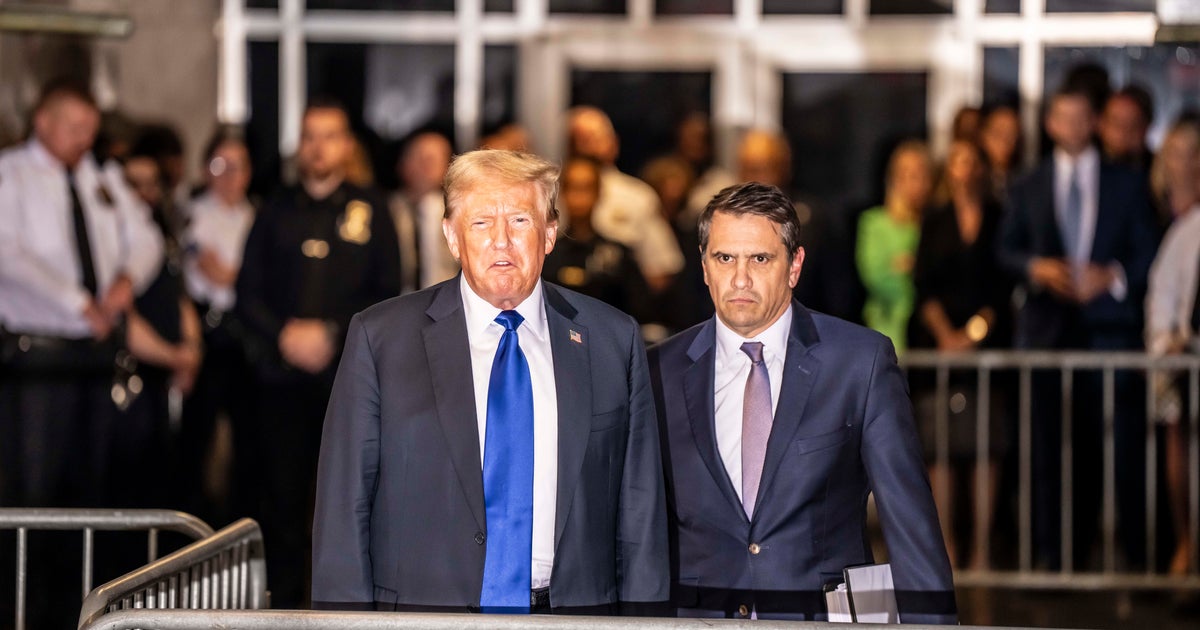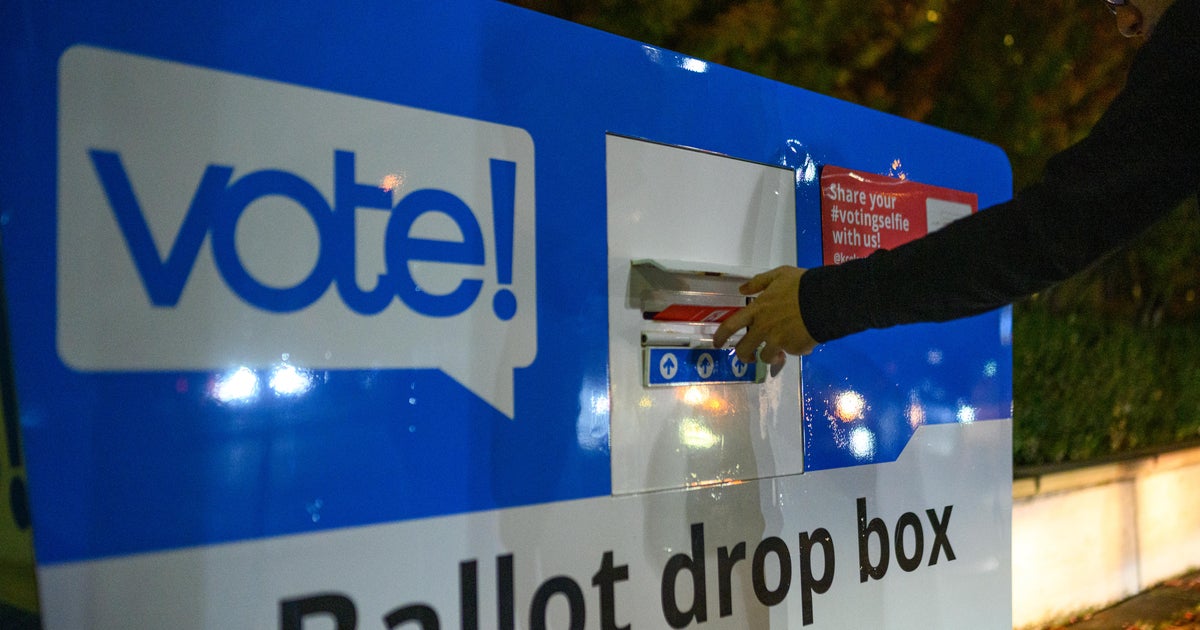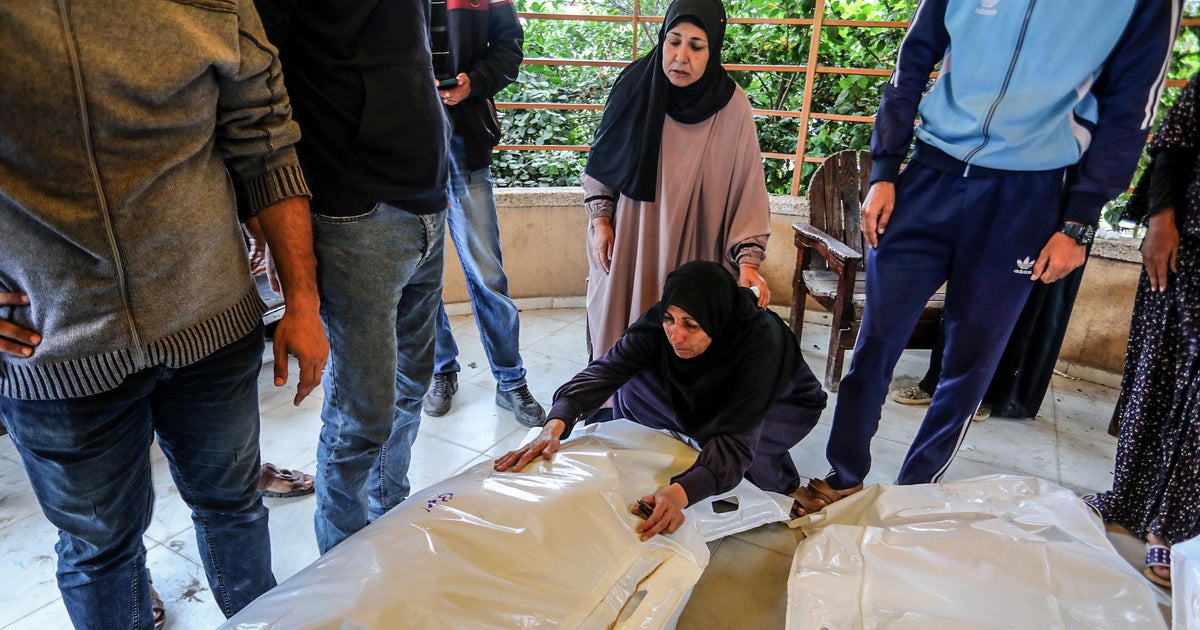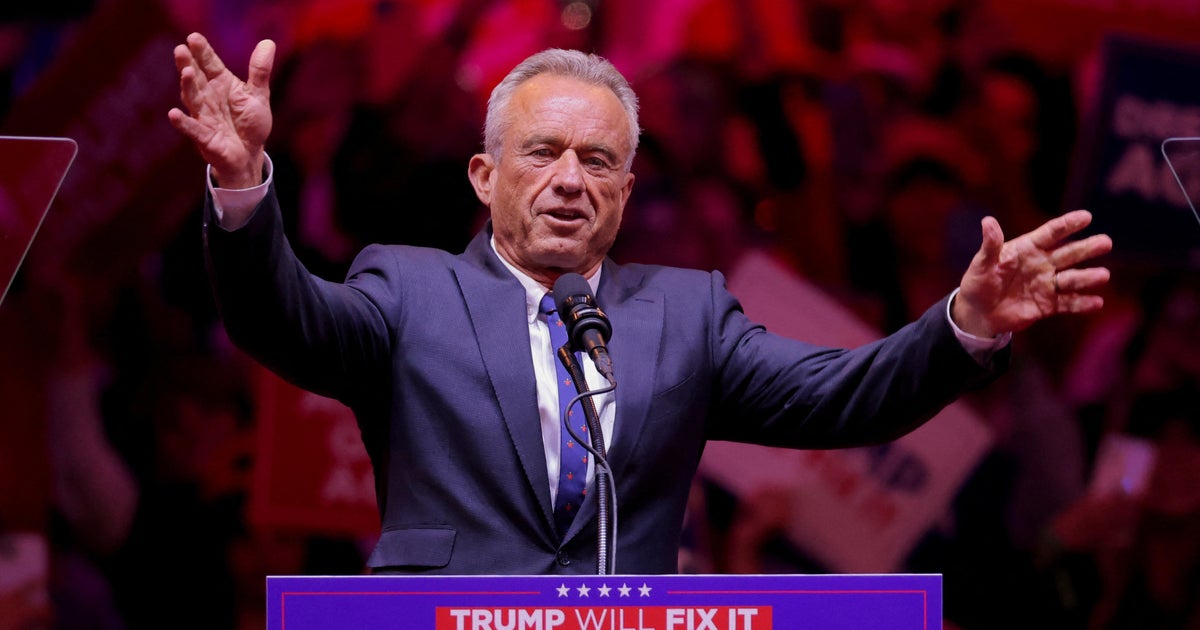FISA expert breaks down Trump's wiretap accusation against Obama
President Trump on Saturday accused former President Obama of wiretapping his phones at Trump Tower during the election. The unsubstantiated and unprecedented claim is raising eyebrows.
Under the Foreign Intelligence Surveillance Act (FISA), hundreds of warrants are issued each year to allow eavesdropping on a “foreign power or agent of a foreign power.” But according to the Justice Department, the president cannot order a wiretap if the surveillance involves “communication to which a U.S. person is a party.”
CBS News senior national security analyst Fran Townsend, who led the Justice Department’s office of Intelligence Policy and Review that handled the FISA process during the Clinton administration, said Mr. Trump’s claim, if verified, would be unprecedented.
“While all presidents have broad national security authority, once with the passage of FISA in 1978, I know of no president including President Obama that would have directly ordered the surveillance of an individual in the United States,” Townsend said Monday on “CBS This Morning.” “And by the way, Washington is horrible at keeping secrets, so if a president tried to do such a thing, you can be sure that the bureaucracy would have pushed back and would have leaked.”
The former national security adviser to President George W. Bush said there were public reports for a FISA request in July, which was denied. Then there was another in October. But the specifics of the request are unclear.
“I feel confident it’s not of President Trump, but could it have been of one of his associates?” Townsend said. “We’ve heard wide reports of contacts between Paul Manafort, Mike Flynn, Carter Page and others. So could it have been one of the associates around him who also during the transition was working in Trump Tower? That’s possible.”
Townsend explained that in order for the FISA court to have approved a warrant to wiretap Mr. Trump, the Obama administration would have had to present an affidavit establishing probable cause that an individual was “an agent” of Russia, in this case, to authorize surveillance.
“That only would have been good for 90 days. So let’s look at the timeline here. If that was granted in October, it would have expired sometime in January, either before or after the inauguration. And if it was an ongoing counterintelligence investigation, that wire if reauthorized is still up right now,” Townsend said.
Meanwhile, the FBI is investigating possible cooperation between the Trump campaign and Russia during the election. FBI director James Comey asked the Justice Department to officially deny Mr. Trump’s wiretap claim, but according to Townsend, the Justice Department would be “reluctant” to get involved.
“Because if you come out and say there was no wiretapping against the president when he was president-elect, the next question from people like us is, ‘Well, is there one on his associates? Which one of the associates?’ And you don’t want to get into a back and forth, especially if there’s an ongoing investigation,” Townsend explained. “I wouldn’t read too much into it. I would not be surprised if the Justice Department does not want to get into this publically, especially if this is ongoing.”
The situation is ironic, Townsend pointed out, as Attorney General Jeff Sessions, who would have been responsible for the FISA process, recused himself from the Justice Department’s investigation into Russia meddling in the U.S. election.



